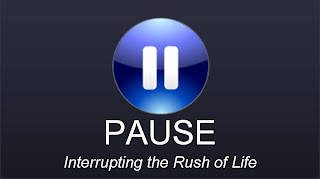You ask the average person on the street what they want for Christmas and many will say, “World peace.” Some people even think that’s why Jesus came – to bring world peace. I mean, didn’t the angels say at Jesus’ birth, “Peace on Earth, Good Will to Men”? Didn’t the angels announce peace on earth at Jesus’ birth?
The reason many people think this is because that is the way older translations of the Bible put it. But all the recent translations have updated it. The original language actually translates more like …
… and on earth peace to those on whom his favor rests… (Luke 2:14)
It is true that, one day, Jesus will bring peace to all the Earth. But that will be at His Second Coming. Instead, at His First Coming, the peace Jesus brought was not an outward peace, but an internal peace to specific people.
Here’s what that means for me. I need to stop expecting peace to be around me and start inviting it to be inside me. I can experience God's peace that is not limited to my circumstances, but actually sourced in Heaven. Just as I accept His grace and favor, I can also receive His peace. Indeed, I need to stop expecting peace to be around me and start inviting it to be inside me.
.



